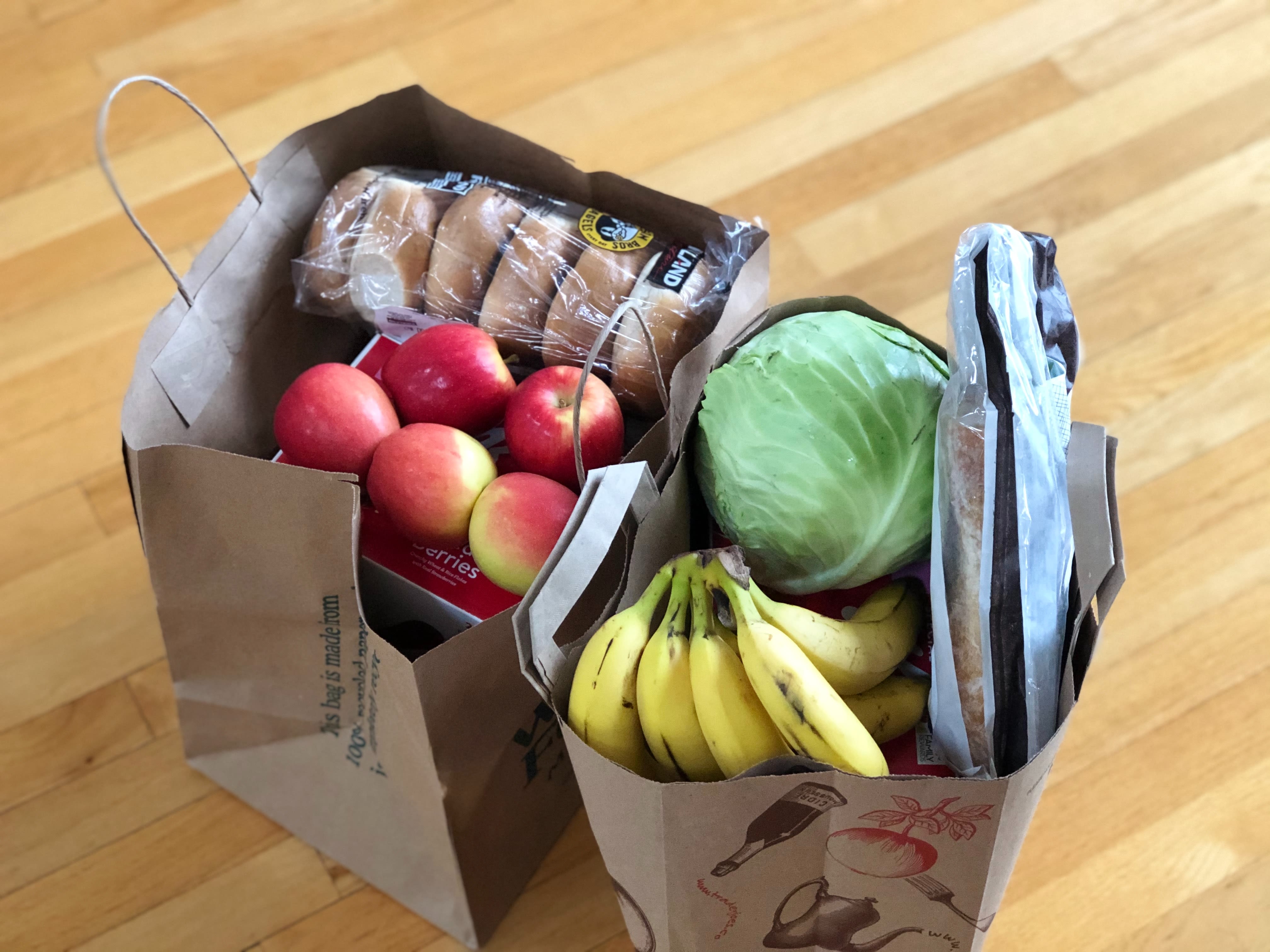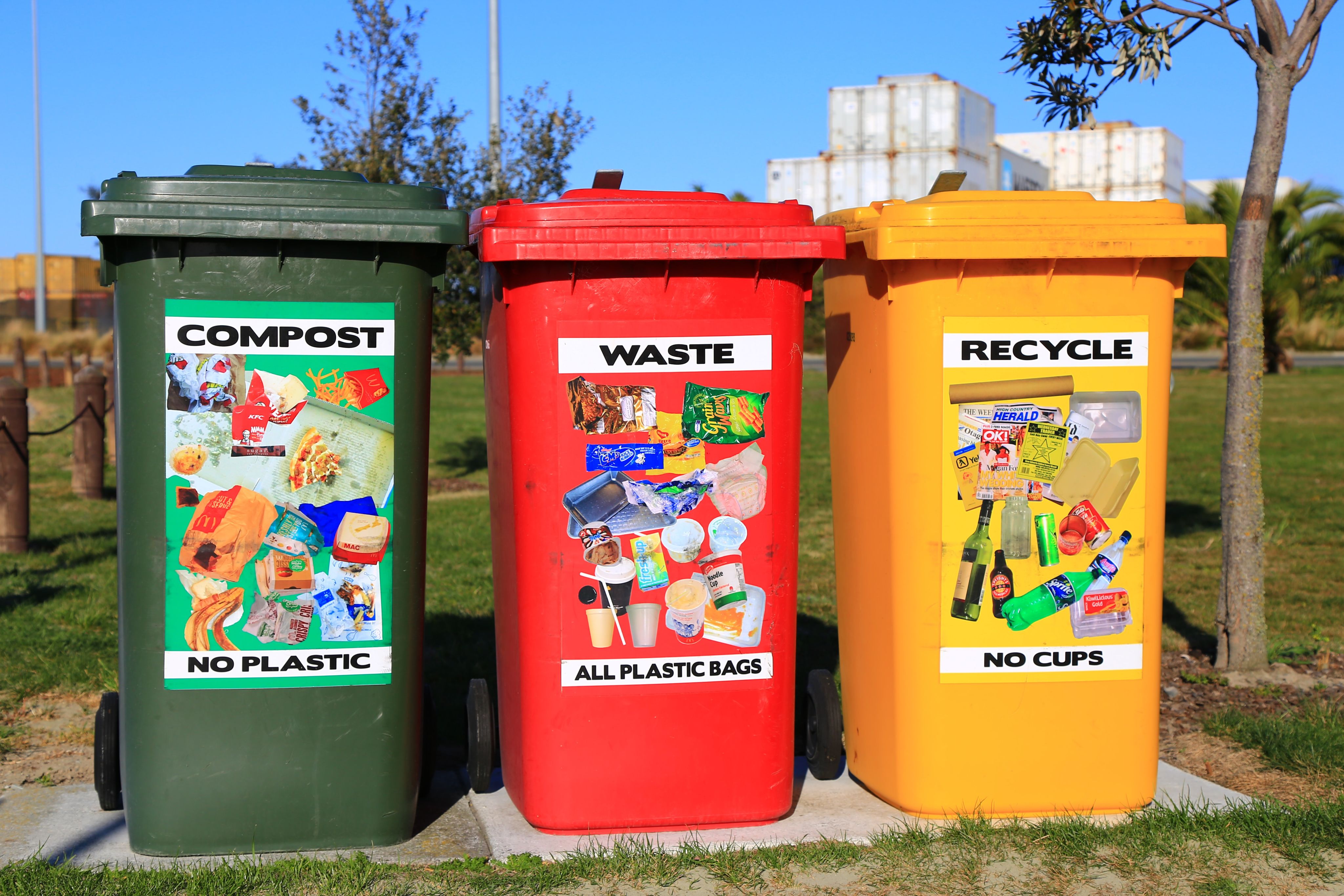Top 3 Sustainable Living Tips for Students

Tip 1: Embrace Minimalism


Embracing minimalism in your daily life goes beyond the mere act of owning fewer things; it's a profound shift towards valuing experiences and connections over material possessions. For students, this approach can be incredibly liberating, freeing up both physical space and mental energy that was previously bogged down by clutter.
By choosing to live minimally, you can focus more on your studies, hobbies, and relationships, fostering a sense of well-being and purpose. This doesn't mean living without comfort or never buying anything new; rather, it's about making more conscious, deliberate choices. When you do make purchases, opt for items that are durable, multi-functional, and sustainable, ensuring they serve a long-term purpose in your life.
This philosophy not only helps in cutting down unnecessary expenses—a crucial aspect for budget-conscious students—but also in reducing your ecological footprint by contributing less to consumer waste and the demand for resource-intensive products. So, not only are you saving money long-term, but you are actively taking steps to turn your environment into an eco-conscious and sustainable one.
Tip 2: Conscious Consumption and Eco-Friendly Purchases


As students navigating our daily lives, making eco-friendly purchasing decisions is a key aspect of living sustainably. This involves being mindful about the products you buy and the companies you support, opting for those that prioritize sustainability in their manufacturing processes, packaging, and business practices.
Start by choosing products made from recycled or sustainable materials, such as clothing made from organic cotton or items packaged in biodegradable materials. When it comes to electronics, look for energy-efficient models and consider buying refurbished devices to extend the lifecycle of existing products.
Going beyond just what you buy, think about what you buy. Shopping locally not only supports local businesses but also reduces the carbon emissions associated with transporting goods long distances. Whenever possible, choose bulk items or products with minimal packaging to reduce waste. For personal care and cleaning products, seek out refillable options or DIY alternatives that minimize harmful chemicals and plastics. By incorporating these conscious consumption habits into your lifestyle, you can significantly reduce your environmental impact and foster a culture of sustainability on campus.
Tip 3: Reduce, Reuse, Recycle


The principles of Reduce, Reuse, and Recycle, when religiously followed, can significantly transform the daily habits of students towards sustainability. This mentality calls for a conscious effort to minimize waste and consumption. The best part is that you can make simple lifestyle adjustments such as taking shorter showers, turning off lights and electronics when not in use, and printing less by utilizing digital notes and submissions.
These actions, though small individually, cumulate into substantial environmental benefits and often lead to financial savings, a benefit we, as students, find incredibly essential.
By reducing the use of single-use plastics, for example, and opting for reusable alternatives like water bottles, coffee cups, and shopping bags, you can significantly cut down on waste. This mindful approach to consumption not only eases the strain on our planet's resources but also instills a sense of responsibility and stewardship for the environment amongst your peers.
Remember that sorting waste correctly to ensure that materials such as paper, plastics, and metals are processed and made into new products. Many educational institutions provide recycling bins and facilities, making it easier for you to participate in these programs.
Additionally, composting organic waste, an initiative increasingly available on campuses, further reduces landfill contributions and can be used to enrich soil for campus or community gardens. By embedding these 3Rs into their daily routines, students not only contribute to a more sustainable campus but also discipline themselves to be environmentally conscious citizens beyond their college years.
